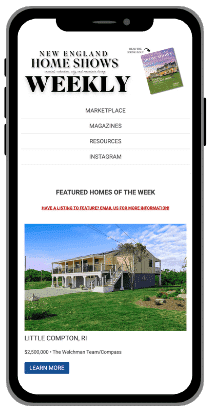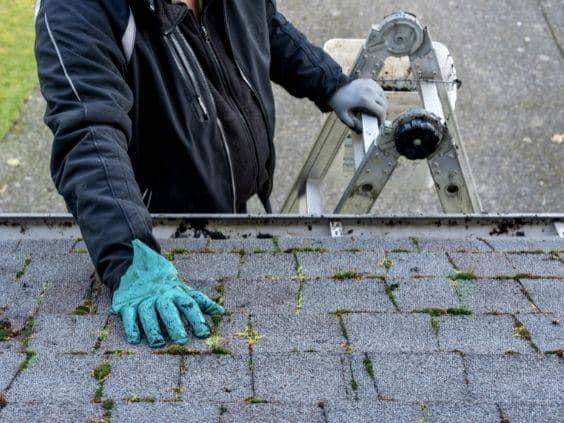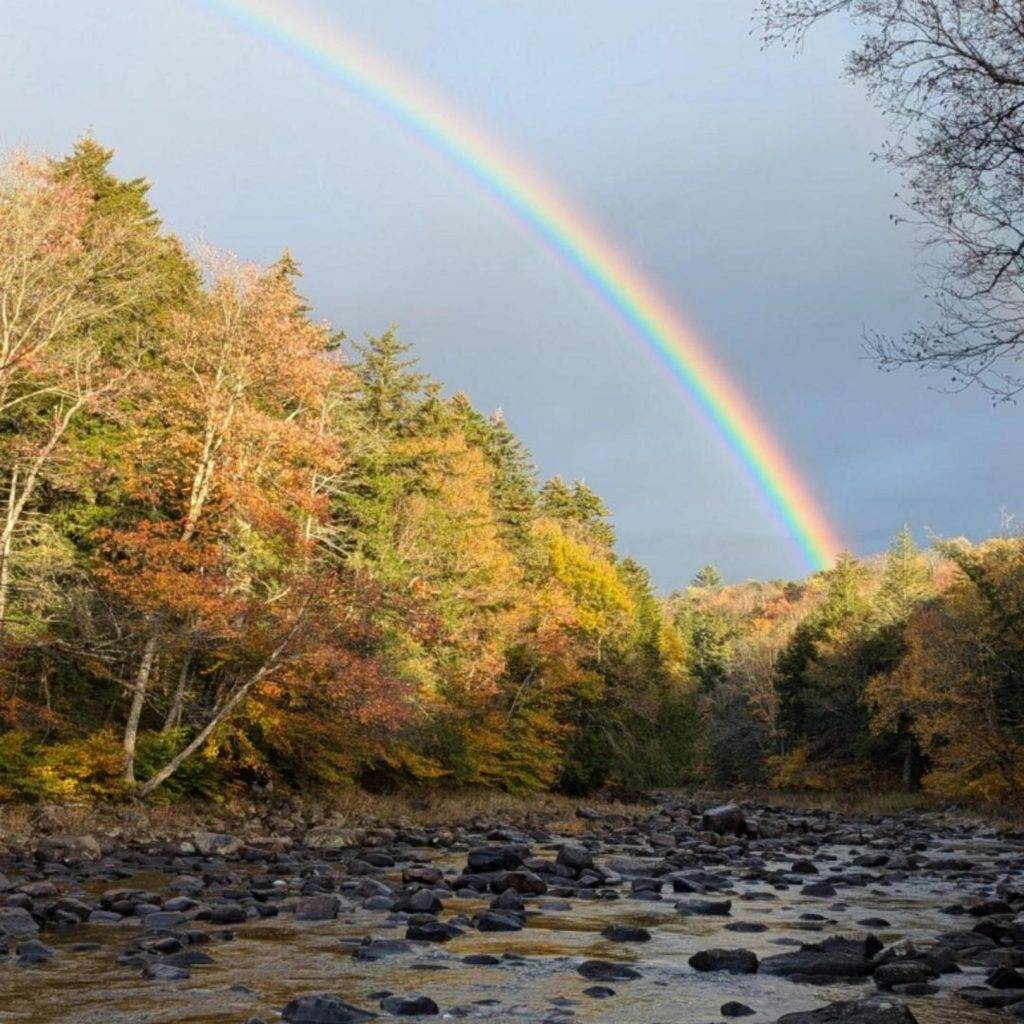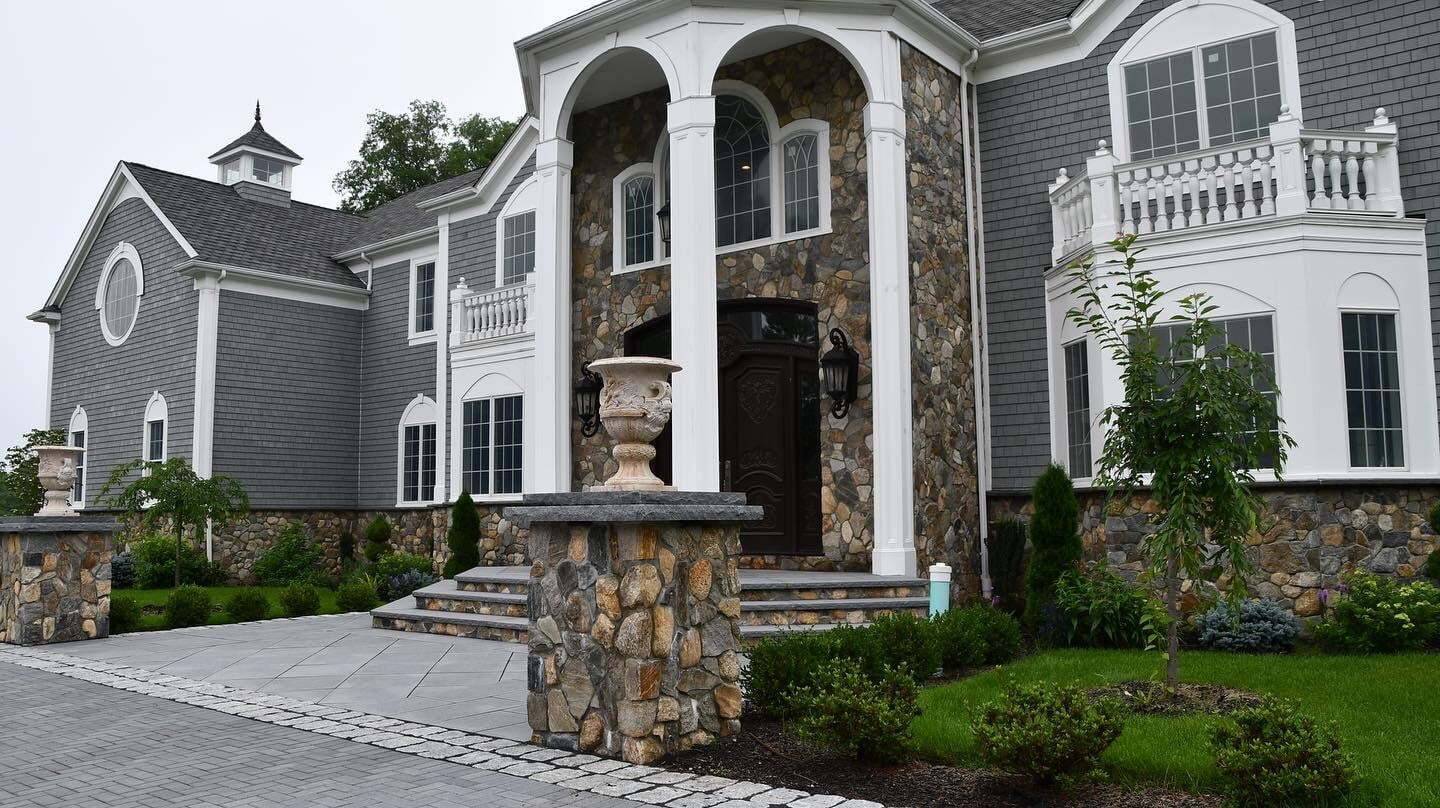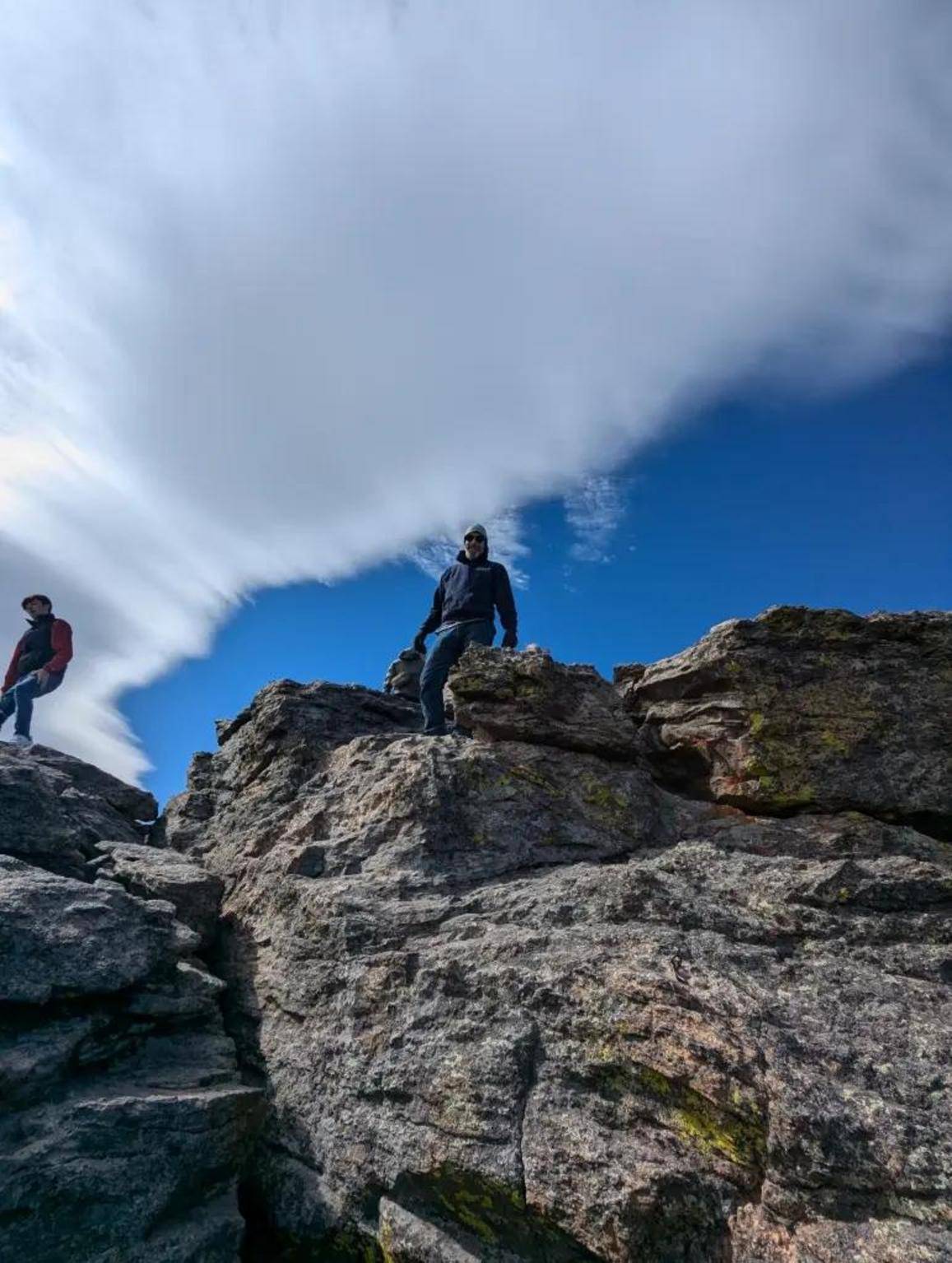Ah, winter. It’s that time of year again, and we’ve prepared a list of the top ways to ensure safety in your home this winter. Read on so that you’re ready before that first snowflake touches the ground.
Inspect Your Roof
Before that first snowfall touches the ground, take time to head outside and check your roof for any signs of damage or missing or loose shingles that could leak during a strong storm or when the snow melts. Seal the areas around your chimney and ensure that vent stacks are intact as well. If you find any issues, repair them yourself or call a local contractor to fix the problem before it can become worse.
Once the snow begins, regularly remove the snow off your roof. It’s also a good idea to check your home insurance to ensure you have adequate coverage for water damage, roof repairs, and other bad weather risks.
Prevent Icicles and Ice Dams
Icicles are beautiful to look at, but they can lead to injuries and cause ice dams. Ice dams occur when your home lacks proper insulation and water meets leaking air. One measure to prevent them is installing roof heating cables.
If you find icicles are forming on your roof, hiring a professional is the safest route to get rid of them. If you must remove them yourself, wear proper protection, such as a hard hat and goggles, to stay safe. Remind the kids to stay away from the icicles.
Keep Walkways and Driveways Clear
One annoying part of winter is removing ice and snow from the pathways and driveways of your home. Prepare for the season by stocking up on rock salt and shovels. Also, make sure the snowblower is in working order.
If you only have a shovel, invest in one with an ergonomic handle. This shovel will make snow removal easier on your back. Furthermore, don’t forget to take frequent breaks.
Prep for Power Outages
Ice and heavy snow can cause power outages during the winter, and you don’t want to be in the dark without heat. Invest in a two-way radio that uses solar power, a hand crank, or batteries to prepare you and your family.
Investing in a backup generator is never a bad idea either, especially if you live in a harsh winter climate. Also, keep extra batteries, lanterns, and flashlights on hand. Have non-perishable food items and bottled water ready to go as well.
As cold weather approaches, understanding these top ways to ensure safety in your home this winter will help you prepare for the chilly days and nights ahead.


